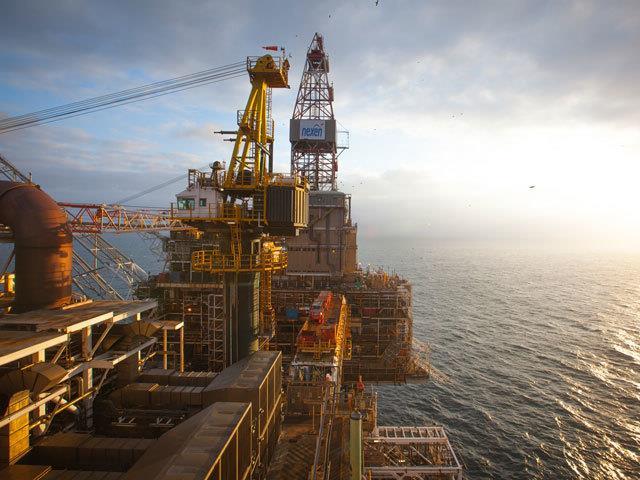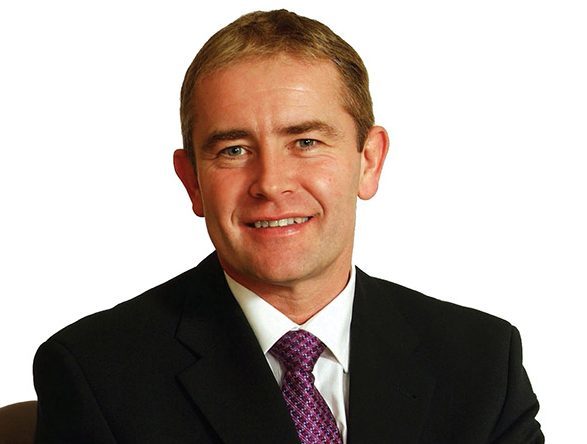
Parkmead Group (LON: PMG) has launched a farm-out process for the Greater Perth Area (GPA) project in the Central North Sea.
In order to find a suitable partner, the Aberdeen-headquartered company has drafted in finance advisory firm Gneiss Energy to help out.
Discussions are still ongoing with Chinese operator Cnooc about using its Scott platform to receive oil from the development.
Parkmead has a 100% interest in the GPA, which is one of the North Sea’s largest undeveloped projects.
It holds about 55 million barrels of recoverable oil equivalent (MMBoe), and the wider project has the potential to deliver between 75 and 130 MMBoe on a P50 basis.
The GPA could also provide material value-adding volumes to surrounding infrastructure through field life extension.
No further appraisal drilling is needed at the project, and the constituent fields have been flow tested at rates of up to 6,000 barrels of oil per day.
They have also produced good quality, light crude oil of between 37deg and 32deg API, Parkmead said.
Scott, which lies about 6 miles south of the GPA, is being considered as a potential tie-back for the project, and Parkmead has had “recent dialogue on commercial terms” with the field partnership.
Discussions are also ongoing with leading supply chain companies in order to maximise the production of oil from the GPA.
A net zero study is in the offing too, in order to meet regulatory requirements.
A boost to energy security
Tom Cross, executive chairman of Parkmead, said: “Parkmead has formally begun a farm-out of the GPA project following the extensive technical and commercial work our team has successfully completed to date.
“We have secured 100% of the GPA project and delivered a commercial export solution, so now is the right time to drive the project forward with a complementary industry partner.
“GPA is one of the North Sea’s largest undeveloped oil projects and its development would serve to increase the UK’s energy security once onstream.”
The advancement of the GPA comes as the UK attempts to boost domestic supplies of oil and gas to replace Russian imports.
According to Parkmead, the project will also play an important role in underpinning the supply of energy needed during the transition to net zero.
And the company says it is very important that the UK continues to develop such projects in order to reduce the reliance on “less-regulated, more carbon-intensive imports”.
Oil and gas prices are currently at highs not seen in years, following Russia’s invasion of Ukraine, improving the investment environment for the GPA.
Energy profits levy a ‘powerful incentive’
Parkmead has also noted a “positive investment sentiment” off the back of the Energy Profits Levy, which was announced by the then-Chancellor Rishi Sunak in April.
While the increase in the headline rate of tac for companies was criticised, it also increased the investment allowance, meaning for every pound spent on new project, companies can claim a maximum of 91 pence back.
And Parkmead says that has created a “powerful incentive” for major producers to invest in UK North Sea developments.
But Ashley Kelty, an analyst at investment bank Panmure Gordon, believes finding a partner for the GPA might be an uphill battle.
HE said: “The Perth Area has 55mmbbls of recoverable resource, and the field is appraised but no development plan or funding is in place – which means that Parkmead should not be falsely claiming these as 2P reserves.
“The difficulty for the development is that the crude is light but sour, with high levels of H2S. This is likely to prove a large disincentive to potential partners given that there are numerous other oil developments that are available for farm-in.”
Recommended for you


